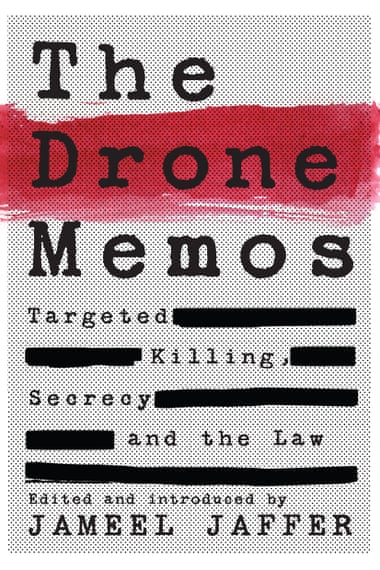Arun Prakash
Raksha Mantri (RM) Manohar Parrikar’s seemingly wayward remarks about India’s nuclear posture may have stirred a hornet’s nest in the media, but if they are indicative of a new-found interest in security matters amongst decision-makers, this occurrence needs to be lauded. Given their preoccupation with electoral politics, it is worrying to see how little time and mental space our political leaders devote to national security. Nowhere is this neglect more worrisome than in the area of higher defence management and the existential complexities of our nuclear deterrent. Even if he was expressing personal views, which may or may not be in consonance with state policy or media perceptions, Parrikar has broken a tradition of sphinx-like silence, wherein his two UPA predecessors rarely acknowledged the existence of India’s nuclear deterrent or even mentioned the ‘N’ word. The RM’s off-the-cuff remarks will serve a useful purpose if they trigger a debate on nuclear issues that include India’s hastily made commitments to no-first-use (NFU), a “minimal” arsenal and the self-imposed moratorium on testing. After all, the BJP’s 2014 election manifesto had promised to”study in detail India’s nuclear doctrine, and revise and update it, to make it relevant to challenges of current times”.



